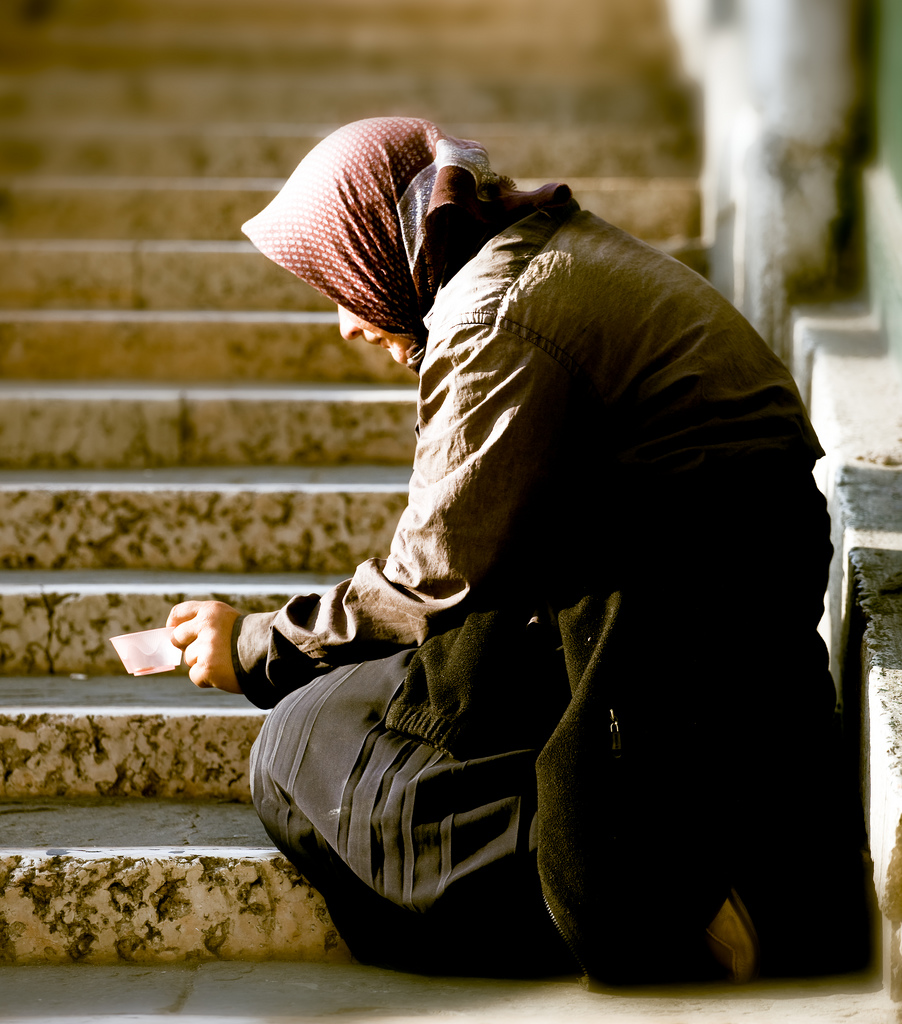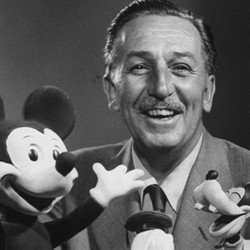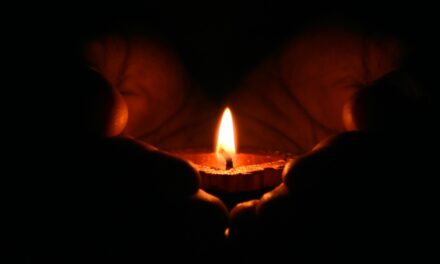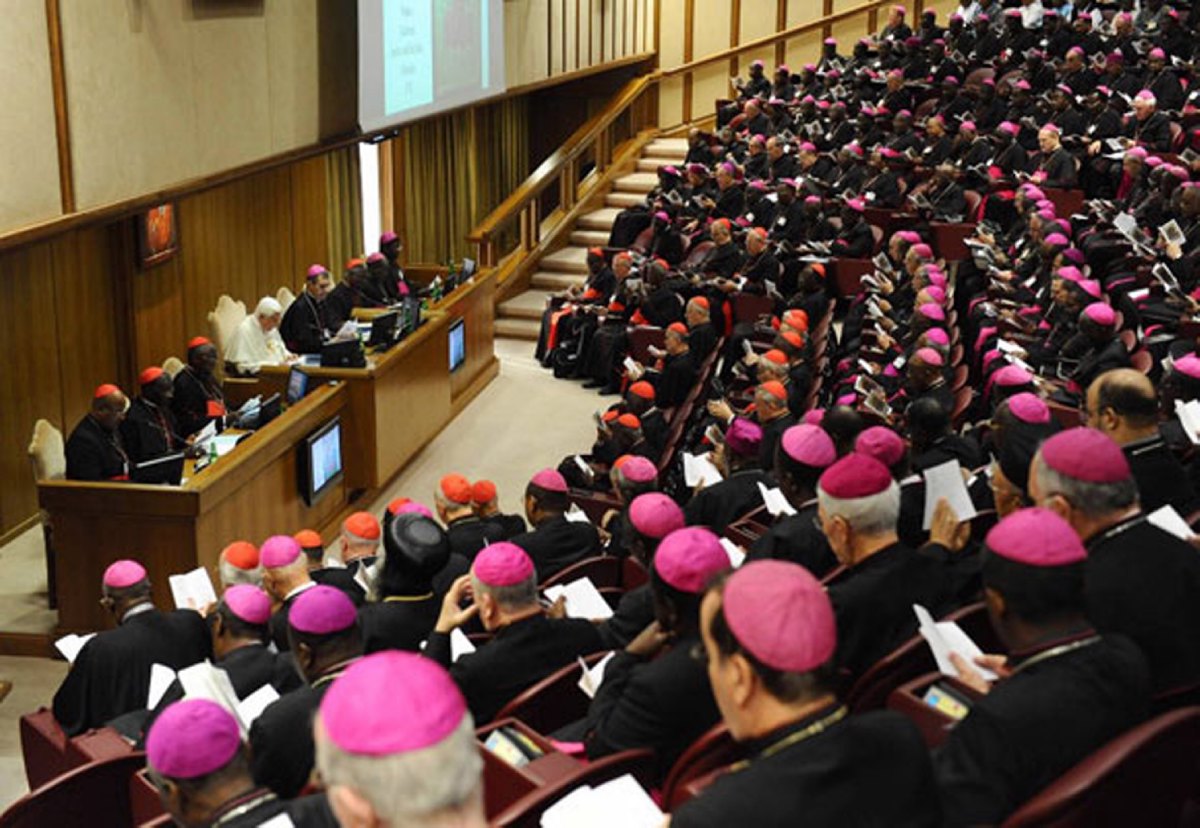There were these kids that I knew who were growing up in Watts, CA – one of hardest places to come of age in our country. I spent three years working in an after school care facility helping them with homework, playing cards, board games, and handball, and learning about an entirely different reality than my own.
There were these women and men that I met serving breakfast at a shelter on Skid Row – home of an incredible homeless population. With some, the ones that had been through this shelter’s program and were helping in the kitchen, I remember dancing along to Michael Jackson, cracking eggs by the dozen, and hearing their stories of survival.
There was this old Navajo woman I had dinner with once in a small town on the Reservation in Arizona – a place of surprising poverty. Despite not having much, she lovingly welcomed us into her home as guests. We sat on the rug eating mutton soup and hanging out with her grandson listening to her stories of life on the Res.
When I met each of these people, there was so much going on in my head: I felt a mixture of guilt, gladness, fear of the unknown, and the ever-heavy question, “WHY?” In these moments I was faced with reality in a way that implicated me, called me forward, and welcomed me into the depth of discomfort.
What encounters do you recall that have discomforted you?
Like many others, recent events in this country have left my head spinning, unsure of what to think, and paralyzing me from action. As I watched the marches rise out of Ferguson, the racially motivated murders in Charleston, and most recently, the burning of black churches in the South, I couldn’t help but return to this state of discomfort, this sense of feeling horribly entrenched in a world that too often refuses to choose life and love. Some say that God is here, too: Drawing on memory of the Holocaust, Elaine Emeth calls it God purposefully discomforting us motivating us into action. “God the Discomforter.”
If then God is calling us into action, into action on God’s behalf, what are we to do? How can we begin to work towards a world that does choose life and love and justice free of fear and hatred?
Ignatian Spirituality reminds us of the way God speaks to us through imagination. Just as Jesus called us into imaging a Kingdom of God inexplicably sprouting forth the fruit of God’s work (Mark 4:26-29), we are called again into imagining a Kingdom of God that is rooted in love for the other, rooted in just care for the marginalized. If we take the concept of imagination seriously, we are not simply called into imagining a fantasy world, but rather to see beyond the challenges and discomforts of the present moment and to work towards a world that does a better job of preventing and fighting injustice. Rooted first in present reality, we imagine how we can best respond to the deep pains of this world so that we might build the Reign of God, transforming our social structures toward love.
If you are like me and are discouraged by what you see in the news, consider the call to “Be not afraid,” and begin by imagining the world as you hope it to be in ten, twenty, and fifty years from now: What part do you play in working towards that world, that visionary Kingdom of God? How do you fit in with fighting for societies, structures, governing bodies, and cultures that truly exemplify the Gospel message of love? In community, how do you allow the imagination of others to influence your vision? As you imagine, consider not only what you might do in the long run, but also today. Ignatius says that prayerful imagination should lead us into action, into love, and into care for the other (SpEx 231-237). How does your imagination lead you into action?
When I imagine the future and how I might play my part in it, I carry the discomforts and joys of my relationships with me always. The children of Watts, the homeless of Skid Row, the Navajo woman, the people of Charleston, Ferguson, and the black churches of the South all stay with me, reminding me of God discomforting me, calling me to imagination and action. My family, friends, mentors, teachers, and caregivers come with me too, reminding me of the love that I have been gifted with throughout my life, a love to be spread to all those I meet. From there, I can begin to imagine a new world based on God’s unconditional love, a world that begins with today’s reality and builds toward the Reign of God.
What will you imagine for tomorrow? How do you fit in with that image of tomorrow’s world? Whose story do you keep with you as imagine? And how will you put it into action today?











Really loved this piece. thank you